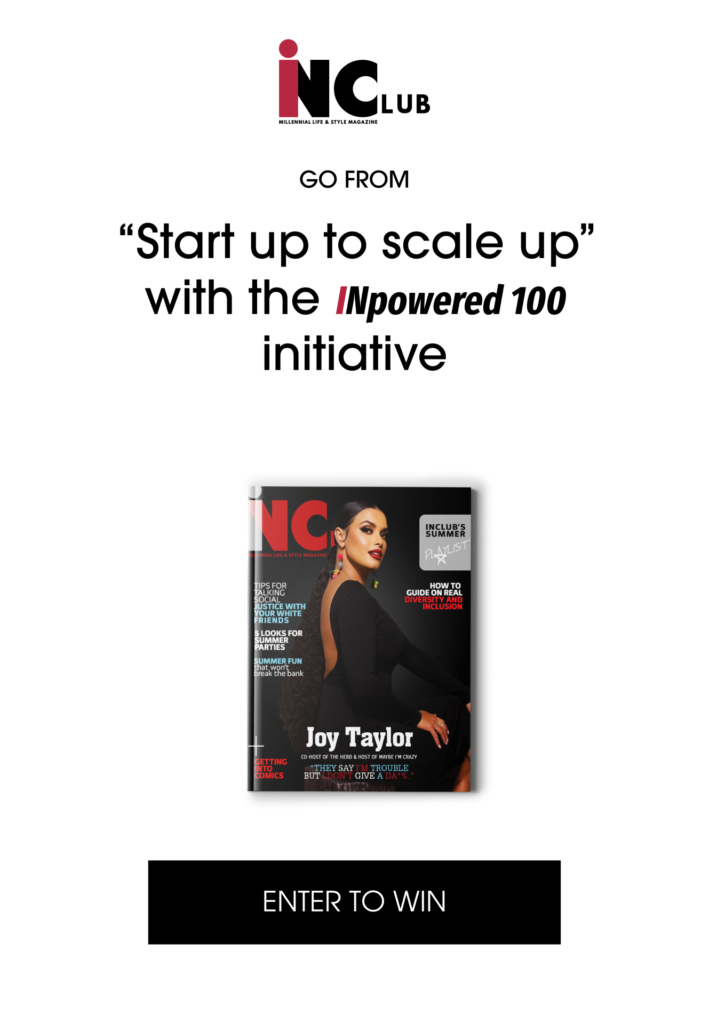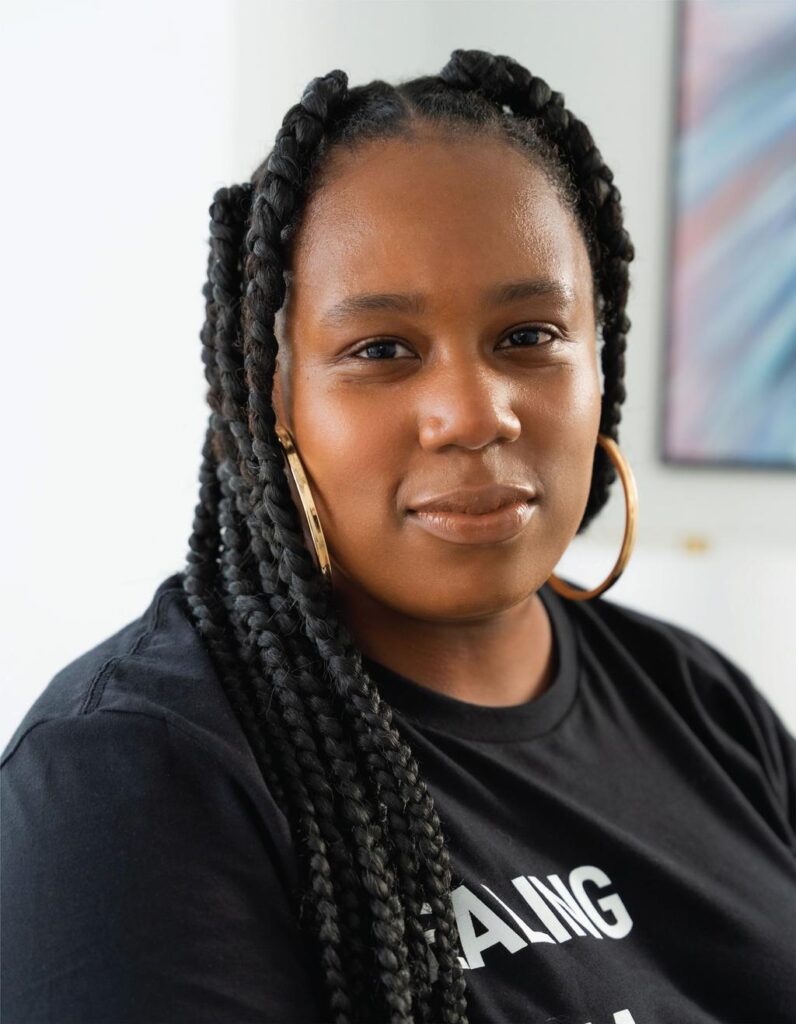Teaser Articles
Yasmine Jameelah
YASMINE JAMEELAH
is the founder of Transparent & Black, a wellness studio for black people centered around healing intergenerational trauma through swimming, group therapy, and wellness doulas.
The focus is healing trauma by going back to our ingenious roots, using ancient tools and methods to transform and connect us to the source.
Transparent & Black’s collective was featured on PopSugar, Self, Vice, The New York Times, and Coveteuer. Yasmin had no idea how popular her business would become, but she is grateful for her wellness approach to the community.
In college, Yasmine faced struggles with her mental health, including dealing with anxiety and depression. Instead of allowing the trauma to be her only story, she reshaped her trauma and often called it a catalyst for her healing.
“It takes courage to ask for help and get on the journey of healing and wellness.”
Yasmine’s likeness and brand are an inspiration for people of color who are dealing with and breaking through their traumas. Join us as we dive into Yasmine’s strength, creative vision, and experiences as a black woman learning to blossom.
“I think that for me, my life and experiences dealing with anxiety and depression throughout college is what pushed me to create Transparent & Black”- Yasmine Jameelah when asked about the creation of her company.
After going to therapy and just exploring, myself and healing my body holistically, it slowly became a big part of my life. While that was happening, I was also growing a brand, which was “Transparent Black Girl”. At that time, I decided that if I was going to build a community it had to be for women who were experiencing the same things. From there, I knew I would have their attention. I really wanted to focus the brand on healing above all else.
Yasmin continues to explain how Transparent & Black was born:
“Again, just from my personal experiences and seeing that there weren’t enough spaces for black people to heal without the backlash of stereotypes. I didn’t find many young, black people and an Islamist base that just woke up and decided that mental health was important.”
UU– How did you get into swimming, and how did you decide what to put that service into the wellness collective?
YJ– I’ve been swimming since I was six years old. Of course, statistically, black people don’t know how to swim because they never learned how to. My father was very adamant about conquering as many stereotypes as possible in our household. My brother played lacrosse, and I swam.
My father threw me in the pool at six years old saying “You need to trust me”. I went from hating swimming to never wanting to stop. Even now, when I’m done swimming, I never want to get out of the pool.
Later on, I had personal family things that tore me away from the water. I had a cousin who drowned at the Jersey Shore. I was always really hesitant to swim at the beach after that incident. I didn’t swim at beaches until I was almost an adult. That was the one place where I didn’t feel comfortable swimming, and I also developed body image issues [which made me] less confident.
I stopped swimming for a long time, and then I injured my knee. There weren’t many places to go to rehab in terms of cardio. At that time, I was constrained, and both my trainer and my physical therapist kept saying, you should try swimming. I had put it off because I didn’t have the confidence. Finally, I said, you know what? I’m going to go to a pool.
Yasmine continues on;
“I went to a pool where nobody knew me. And from there, I fell in love with swimming all over again. During that process, I was sharing my swim experiences on social media. Of course, the overwhelming response from so many black people wanting me to teach them how to swim. Because we don’t know-how, I always knew once I tried to start something in a studio, like once I realized that that was the goal, I was like, what’s the plan. What are we going to do? I think that online platforms are great, right? Many amazing black people are like doing extraordinary things and building large communities, myself included. But I felt like, OK, once all this stuff is over, what’s the plan?”
I knew that I wanted to start a wellness studio. I wasn’t going to open a studio and not have a pool. I swim three times a week. I lay around my swimming schedule like it is a real thing. It is a real thing. I knew that if I was going to have a long history, I wanted to have a pool. There was no getting around that. It was so important to me to make sure that we specified what that experience could become.
UU– That’s amazing. Especially in how you spoke of transformative experiences. With trauma, sometimes it can feel like it can become your identity.
You mentioned your dad; he was so adamant– you are going to learn how to swim.
YJ– He was not playing.
“I think we can reshape our relationship with trauma by creating positive experiences that help us navigate through the hurt.”



